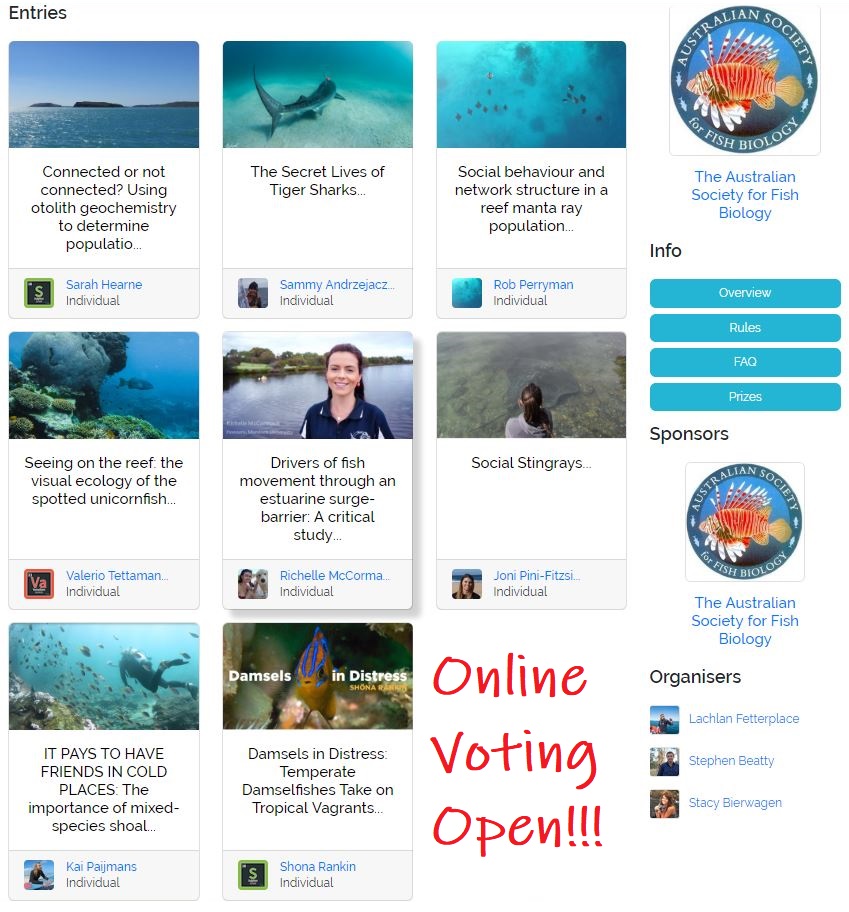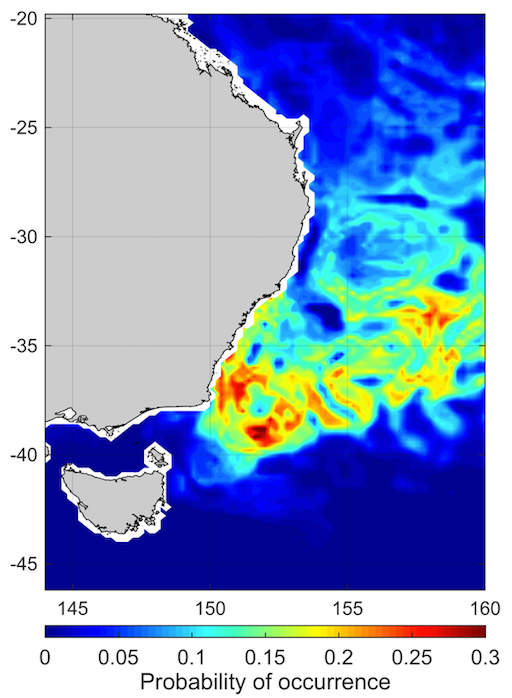Teaniel Mifsud is a master student (at the University of Wollongong, Australia) who is about to embark on an interesting research project mapping human-shark interactions. Teaniel stopped by Fish Thinkers to share details of the project and how you can assist:
Sharks attract a great deal of interest from the public and the media. We saw this recently when a whale carcass washed up on Bulli Beach in September 2020. Several sharks were drawn to the carcass over a number of days, seeking food. Their presence, along with the whale carcass, brought hundreds of people to the beach and into boats to watch, photograph and video the scene. Numerous articles and videos of this and other events demonstrate intense fascination with sharks. Despite this clear interest, very little is known about encounters between people and sharks outside interactions considered negative; that is, shark bites that lead to injury or death.
Researchers at the University of Wollongong are investigating the full spectrum of human interactions with sharks in the Illawarra and Shoalhaven regions of New South Wales; those deemed positive, negative and mixed. Understanding the perspectives of this group will add to our understanding of human-shark relations and help inform shark-related policies in New South Wales (NSW). The project aims to understand:
- the nature of human-shark encounters and their effects on ocean-users, people who use the ocean for work fitness or recreationally, on the South Coast of NSW; and
- if and how human-shark encounter influences a person’s relationship with and use of the ocean and particular places.
Part of this project involves ocean-users recording their experiences and encounters with sharks on an interactive map. This map will allow researchers to understand where people have encountered sharks, what they were doing at the time of the encounter and how they felt about the encounter. If you would like to record your own experiences, please follow this link.
by Teaniel Mifsud. Photograph of Grey Nurse Shark by Aristo Risi http://aristorisi.com/















